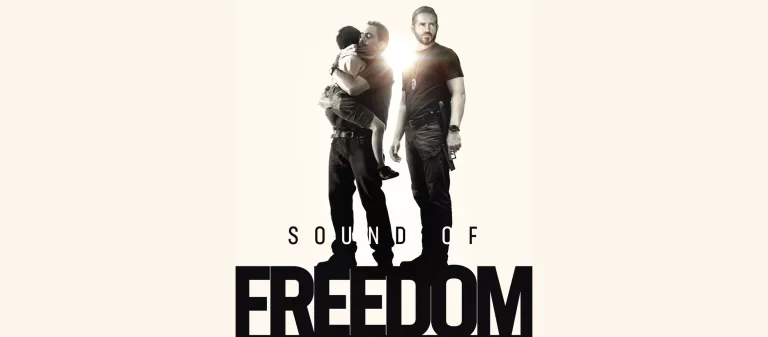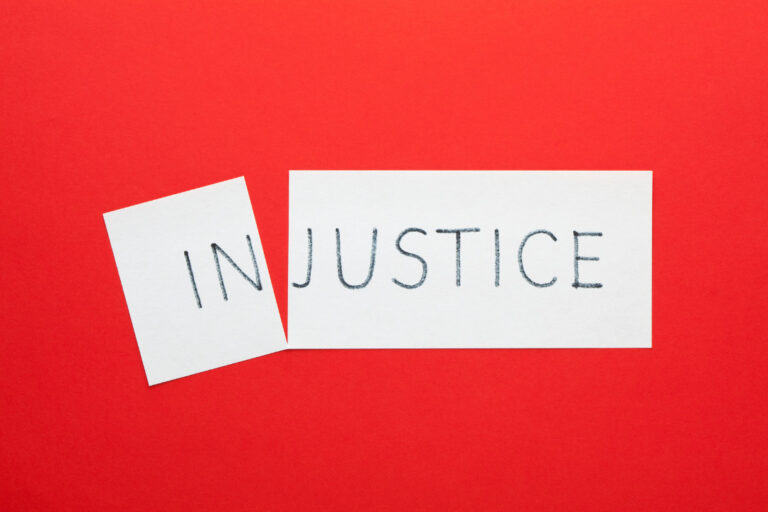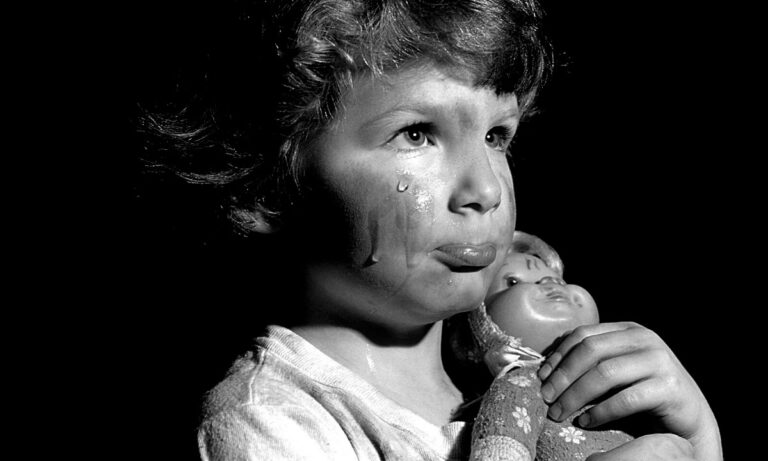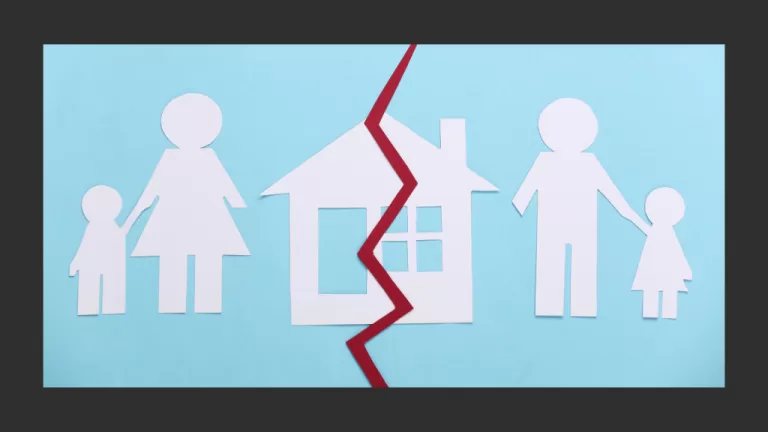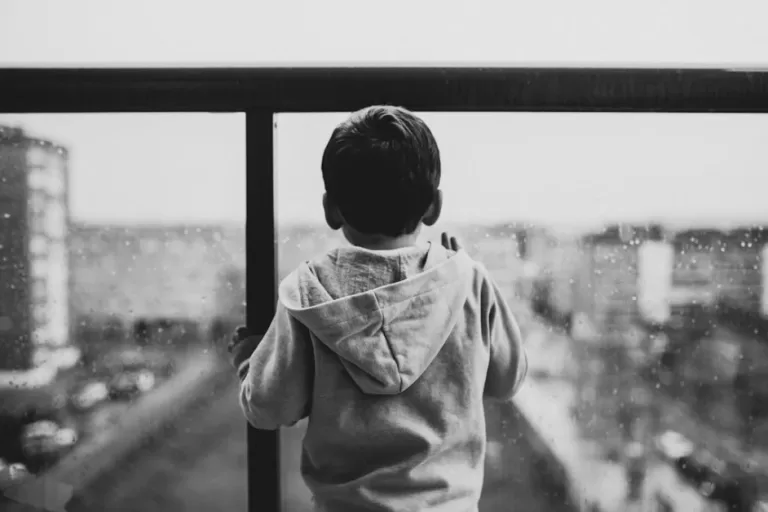What is Spiritual Abuse?
While common, spiritual abuse can be difficult to recognize. The line between abuse and dysfunction can sometimes be blurry. Spiritual abuse is not limited to a specific religion, denomination, or group and can be a challenge to identify. Actually, abuse in a spiritual environment is more common than you would imagine. Many of the victims we talk to have had elements of spiritual abuse within their stories, either from a religious group or their own parents. To clarify, spiritual abuse is to manipulate or control an individual to adhere to a specific religion, leader, group, or lifestyle, etc.
Red Flags of Spiritual Abuse
The Severe Damage of Spiritual Abuse
Remember, due to the intensely personal nature of spirituality, abuse in this area can be one of the most harmful and earth-shattering to victims. Also, those who have experienced previous trauma are more vulnerable to the negative effects of spiritual abuse. Often, people find their hope in their faith. So if spiritual abuse occurs, they lose all hope, and many walk away from their faith entirely.
Special Note from Frontline Professionals: In groups where accusations are made be careful not to get lost in the mud of “he said, she said.” So, pay close attention to HOW the leaders and faithful members respond and WHAT they say. Did they put any blame on victims or minimize their pain? Were serious issues laughed at or joked about? Was there any partial truth in what they said? Also, did they respond to only a part of the accusation? Was the response equal in weight to the severity of the accusation? Because learning to discern amid these situations is necessary to protecting your family.
This information is from our child safety and prevention training Watchful Eye.
How to Identify Exploitation and Abuse
Through our interactive training, Watchful Eye, we simplify how to identify and prevent child exploitation. No matter your skill level, you can learn to recognize behavior patterns and subtle indicators through this life-saving training.

